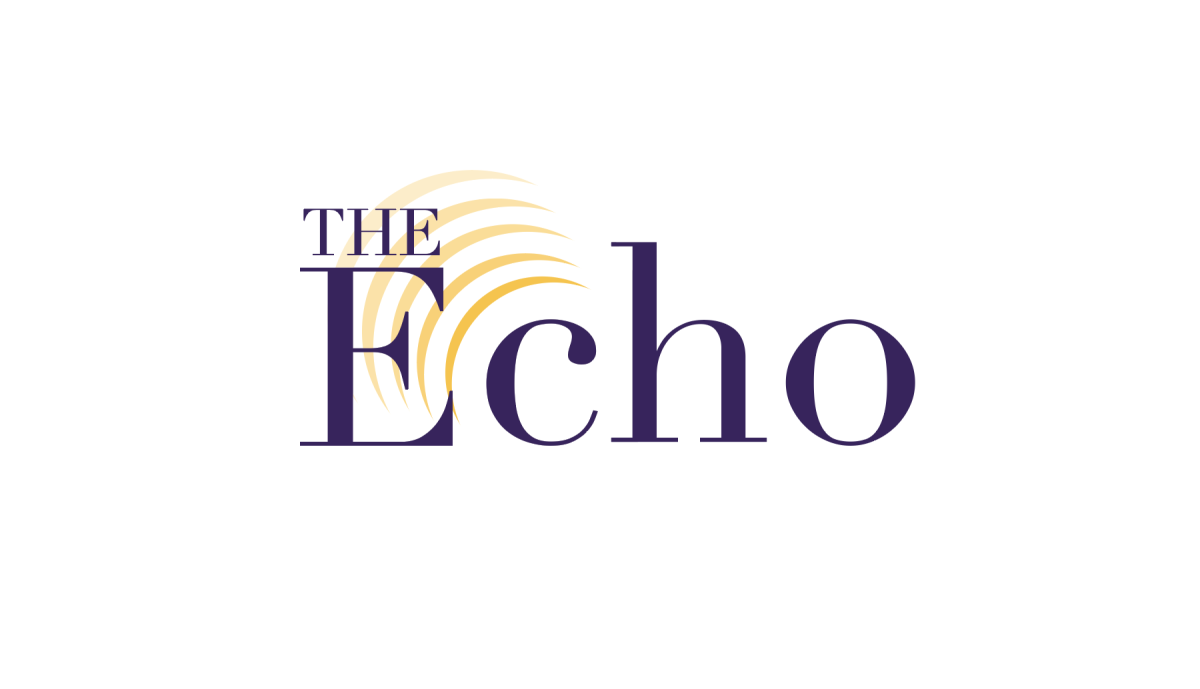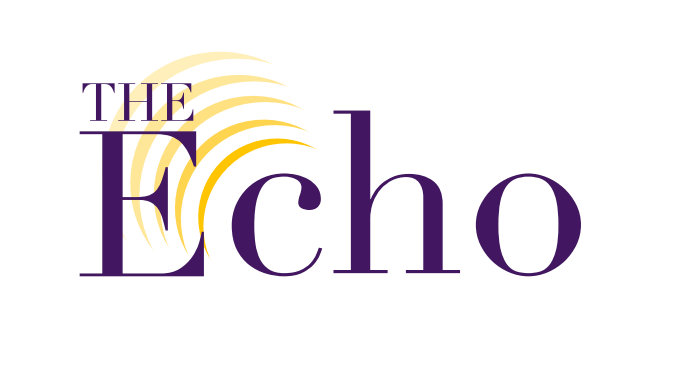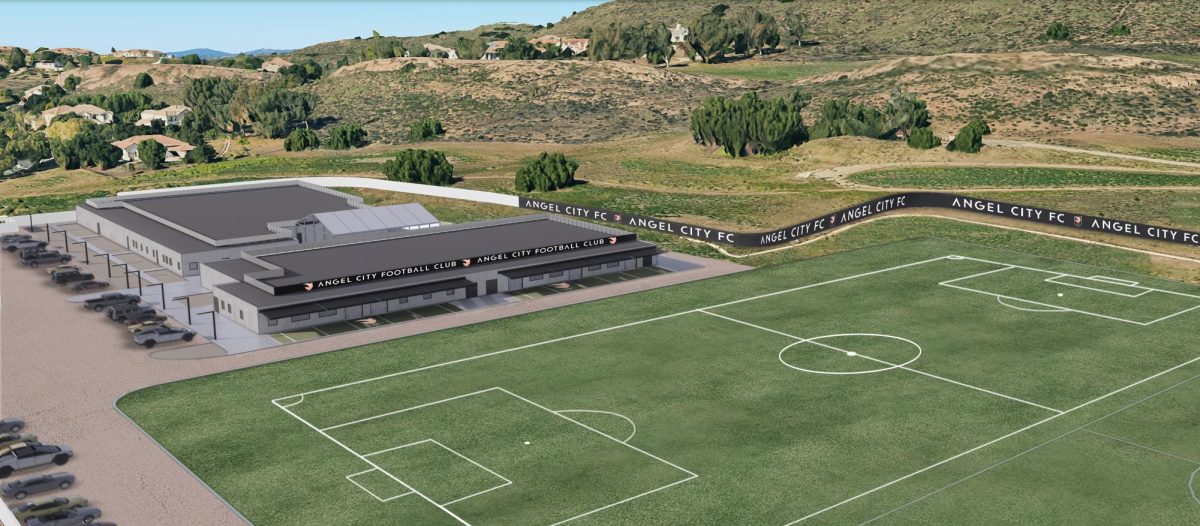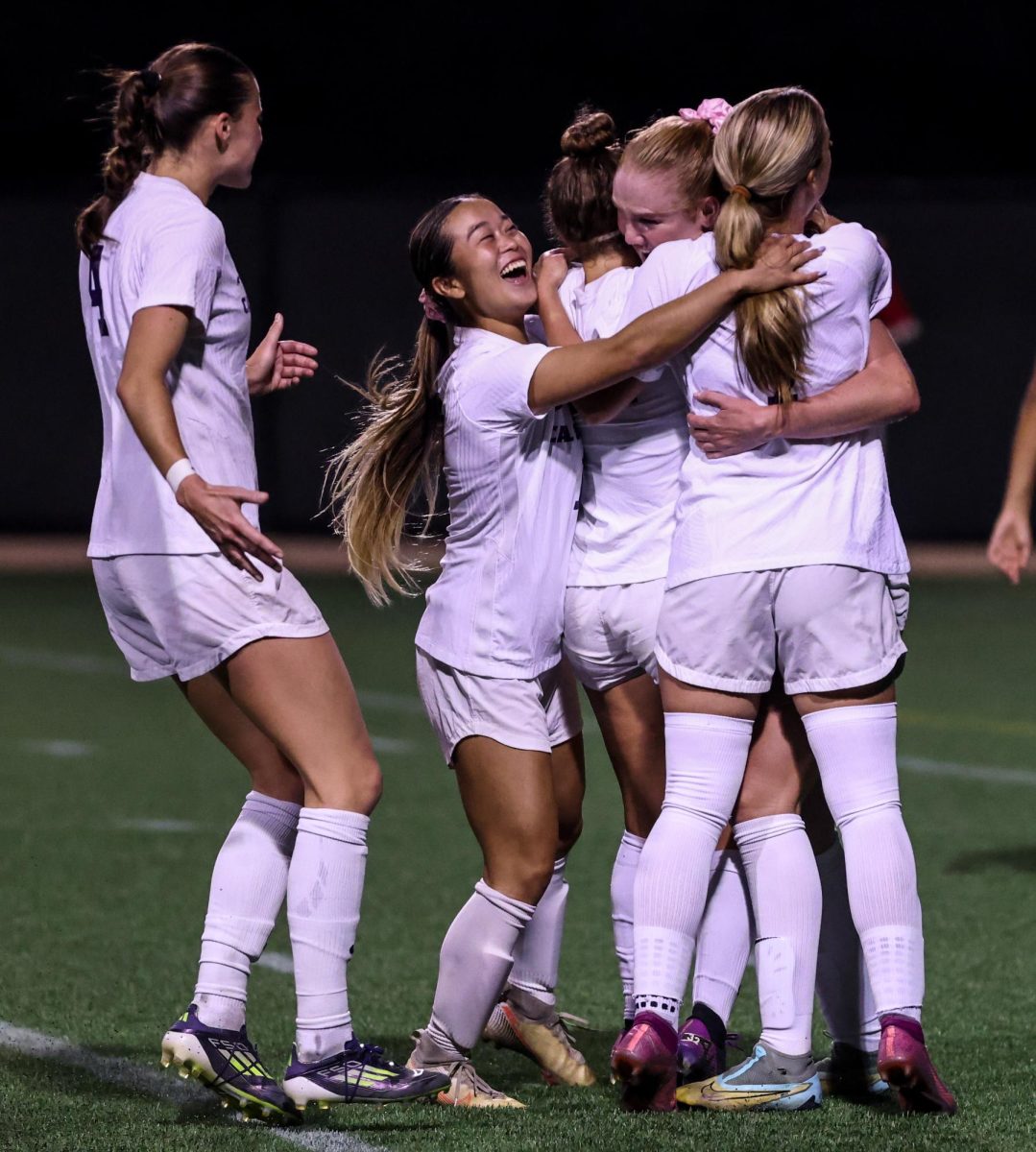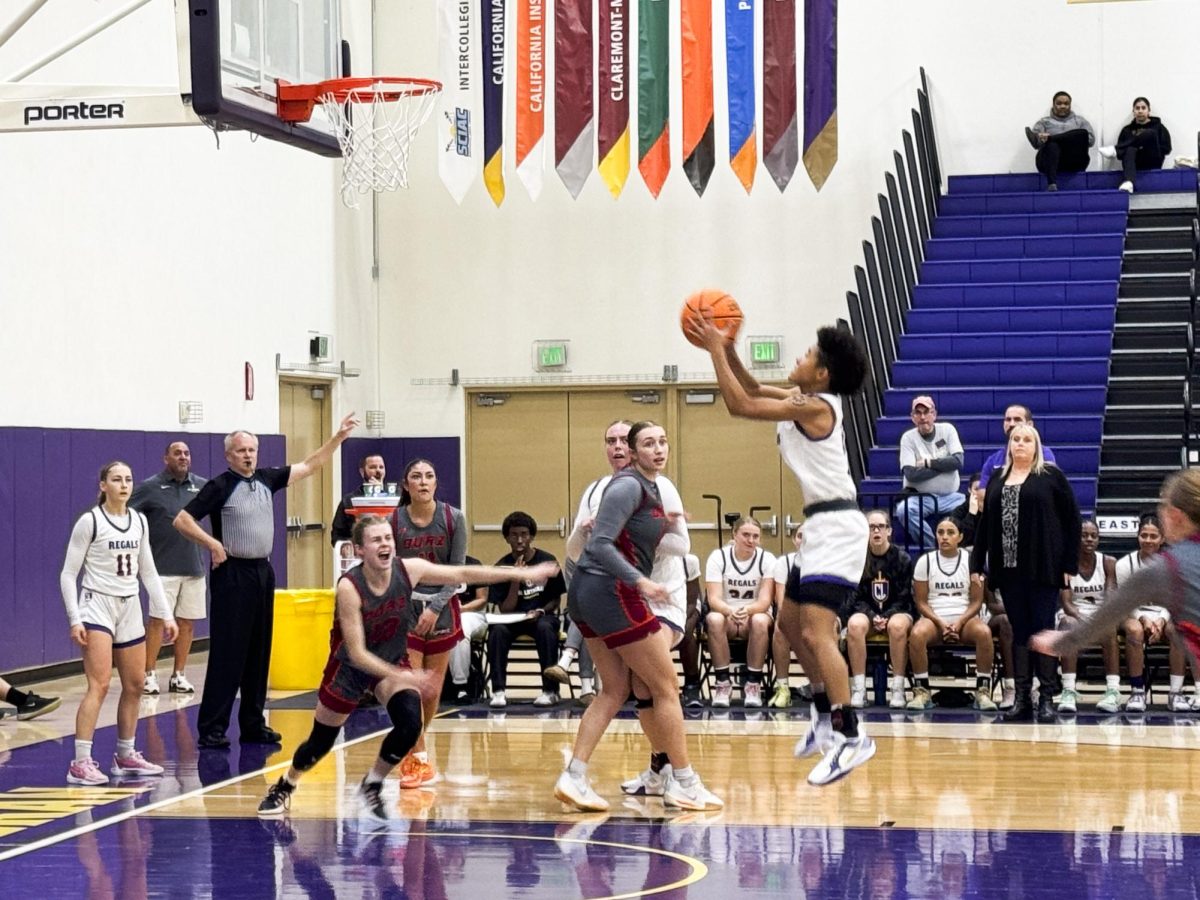California Lutheran University Administration must engage in direct communication with the student body and The Echo to bridge a gap that has been made wider by recent university troubles.
Cal Lutheran Administration invites faculty and staff to attend town hall meetings. Provost and Vice President of Academic Affairs Leanne Neilson said town hall meetings serve to inform faculty and staff of campus updates, employment information, university budget discussions, and decisions made or discussed by the Board of Regents following its executive sessions.
Neilson also said town halls take place about three to four times a year and are hosted by the administrative cabinet, a group of about nine individuals including Neilson and President Lori Varlotta.
“We’re usually talking about updates to things going on on campus,” Neilson said. “Sometimes we talk about budget issues, we talk about things like new programs or if we’re having an accreditation visit, we’ll give updates on that.”
Historically, students have not been invited to attend town hall meetings, and The Echo was asked not to attend a town hall meeting in March 2021. The Echo was also told that students were not allowed to attend a town hall meeting in Sept. 2023.
Emails inviting faculty and staff to town halls included the language, “The event will be live streamed through the link below and is intended for invitees only. Therefore, it should not be recorded or distributed.”
The Echo does not believe these town hall meetings comply with the communal sentiment the name implies, given the exclusion of students and The Echo from this proverbial “town.”
Neilson said that students are not invited because the meeting content is not pertinent to student interests, and centers more on the work that goes on behind the scenes. However, the line between what is pertinent and not pertinent to particular groups becomes blurred, especially considering that changes made anywhere in the community will have a resounding impact on the rest of the community.
In a university setting, issues that are pertinent to faculty will undoubtedly impact other groups on campus, including students.
“One could argue that everything that we talk about impacts students, in either direct or indirect ways,” Associate Dean of Creative and Performing Arts and Associate Professor of Music Michael Hart said.
Our campus community depends on the sharing of information to uphold transparency. The Echo serves as an important link within this community, providing relevant, factual, and timely information to our readers. The exclusion of The Echo from town hall meetings and the lack of communicative events that are similar for students with administration hinders our ability to adhere to our mission and journalistic values we uphold.
It is difficult for The Echo to verify information that has not come directly from the source. Students and The Echo should be either invited to attend town hall meetings or be given a space where they can receive information about the university and its decisions directly from administration. Emails and campus updates are not enough and do not communicate transparency in the same way town halls do.
Students reserve the right to know about the decisions being made that will greatly affect the future of the university or their experience at Cal Lutheran. As journalists, we believe the key to a thriving community is relevant, factual, and transparent communication delivered to the public in a timely manner.
The Echo feels that the lack of direct communication from administration is doing a disservice to students and the rest of the community.
Echo Editorial Staff

